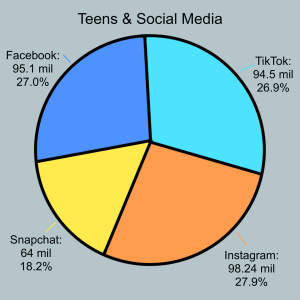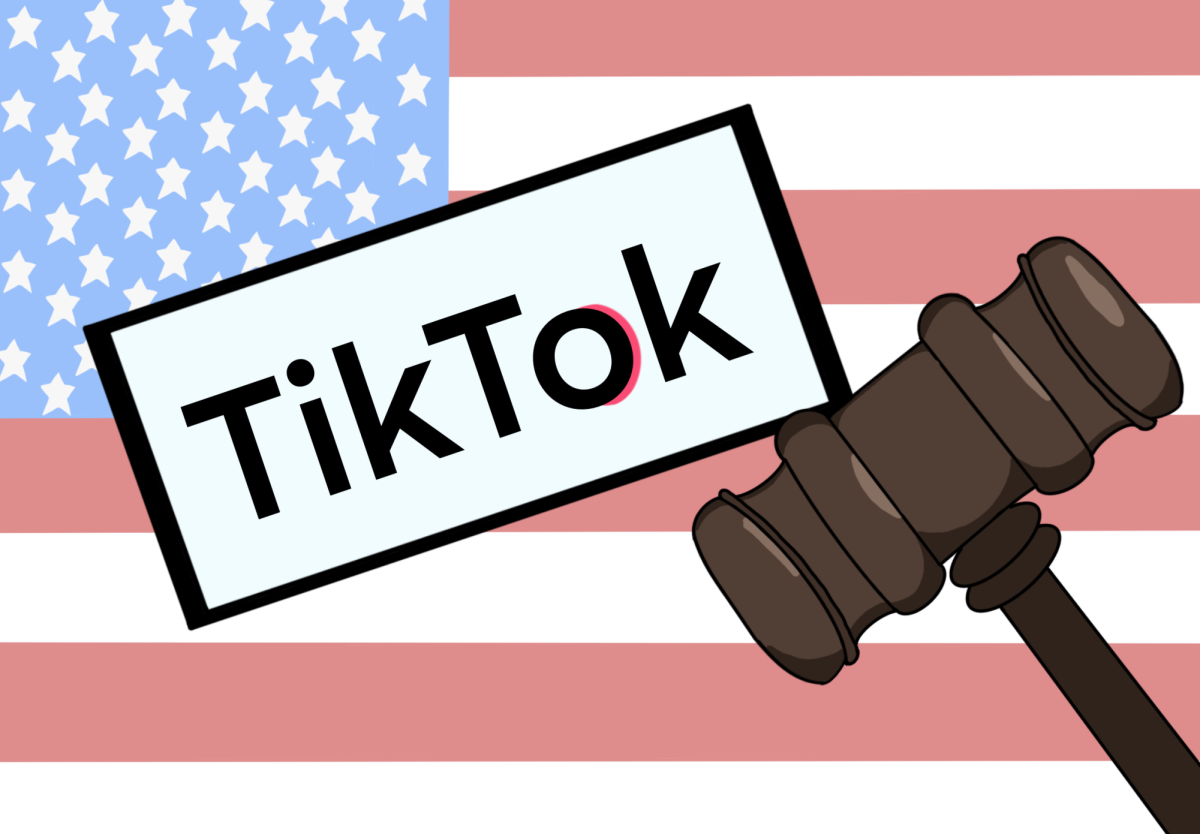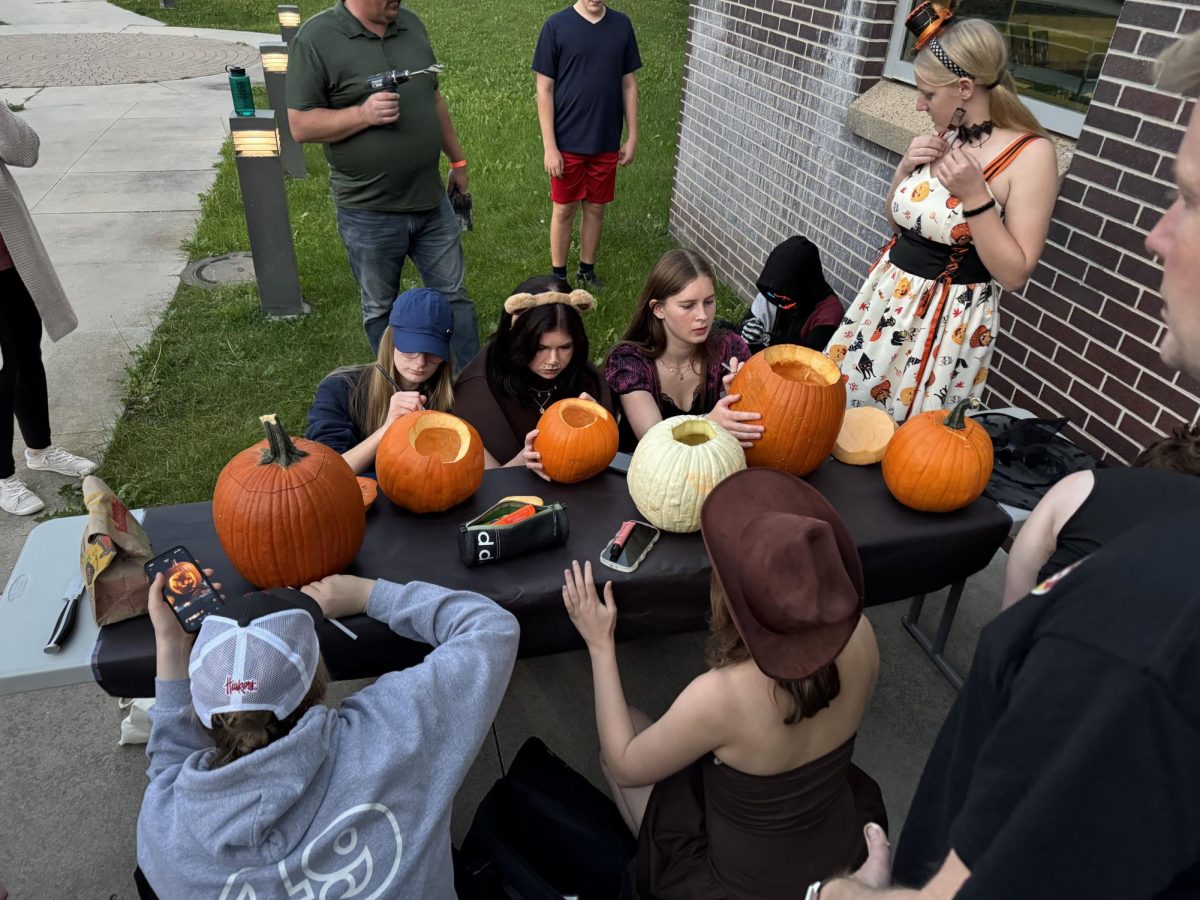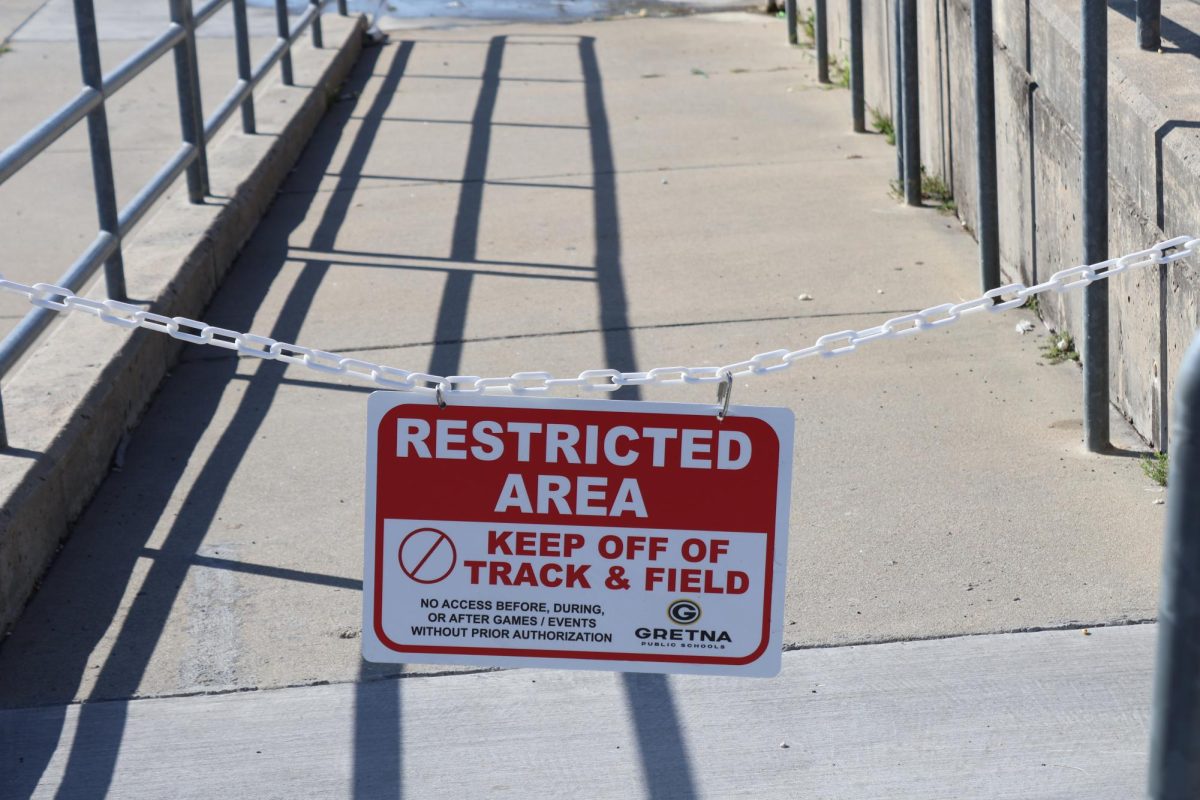*Disclaimer: All information is subject to change*
TikTok is a centralized piece of media in our modern society with over 2.5 billion active daily users, as well as an app that has taken the world by storm. TikTok was initially launched on app stores in August of 2014 under Musical.ly. By 2017, Musical.ly had reached its peak with over 200 million downloads.
However, six months into its prime, Musical.ly was reported by The Wall Street Journal to have been purchased by Bytedance Technology Co. for $1 billion. This was a huge success for the founders of Musical.ly, Alex Zhu and Luyu Yang. ByteDance is a widely successful Chinese company that has acquired many companies, such as video editing software, Capcut and VR company PICO.
Late in President-elect Donald Trump’s 2016-2020 term, he proposed a full nationwide ban on the app for being a national security threat. After this original threat, Bytedance attempted to sell a portion of TikTok to an American-based company to prevent the ban based on being a Chinese company, however, nothing ever came of this. On Dec. 30, 2022, President Joe Biden signed the “No TikTok on Government Devices Act”, which, as the name implies, removes the TikTok application to all federal government-owned devices. In the following days, the administration alerted Bytedance that they must sell the app to an American-based company or they would face a national ban. The FBI then launched a full investigation into the application.
On March 13, 2024, the United States House of Representatives passed the Protecting Americans from Foreign Adversary Controlled Applications Act, which would fundamentally ban all operations related to TikTok and similar applications later this month on Jan. 19.
This set date has sent hundreds of thousands of users into a panic, especially creators whose entire livelihood comes from income made on TikTok. According to Influencer Marketing Hub, TikTok is the most popular influencer channel bypassing sites like Instagram, YouTube and Facebook with just under one-third of influencers reportedly making a full-time salary.
Endeavorance, a TikTok journalist with over 450k followers spoke about how the potential TikTok ban will affect himself and his career.
“Content creation across multiple platforms is my full-time job,” Endeavorance said during a direct message interview over TikTok. “Going away will affect me less than most, and I know how many folks have found success on TikTok with their small business or even just in finding community.”
He also spoke about the influence TikTok’s ban will have on other social media platforms like Instagram and YouTube.
“I received a notification that my YouTube channel is now verified,” Endeavorance said. “I did not apply for verification, nor do I even meet the minimum requirements. But it became clear today that many larger TikTok accounts were magically verified on YouTube a month before the ban.”

Because of the shift from TikTok influencers to other platforms, it could cause a massive algorithm shift and affect the platforms of already established creators.
The National TikTok ban may not seem like a big deal but it may greatly impact you and your community. According to the Pew Research Center, 63% of teenagers, ages 13-17, use TikTok, and nearly one in five teens say they’re on TikTok “constantly.” Globally, the average time spent on TikTok is 95 minutes.
“I use TikTok, like, three to four hours a day, and I have, like, multiple accounts so I can, like, to see what people are doing on a daily basis,” said freshman Callie McGee said. “And that, like, I hope it brings connections with people.”
With Jan. 19 creeping closer every day, users of TikTok continue to sit on the edge of their seats for the next news about their favorite social media platform and what it could mean for other platforms that could potentially meet the same fate as TikTok.










Kristina White • Jan 10, 2025 at 1:22 pm
Great article Skylar.